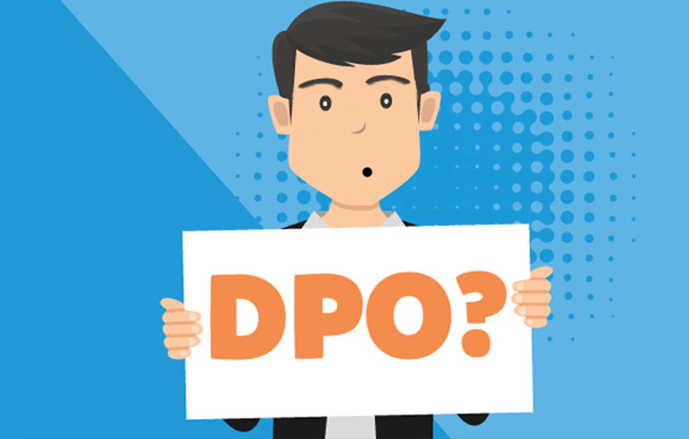Under Singapore’s Personal Data Protection Act (PDPA), organizations (such as businesses) are required to appoint at least one individual as their Data Protection Officer (DPO) to ensure their compliance with the PDPA.
Your business’ DPO can be either an employee or a third-party. However, take note that your business is not exempted from fulfilling its data protection obligations just because you have appointed a DPO for it.
This article sets out the responsibilities that you may task your DPO with, and discusses how you can help your DPO fulfil these responsibilities more effectively.
- What are the responsibilities of a Data Protection Officer?
- How can you help your Data Protection Officer fulfil their responsibilities?

What are the responsibilities of a Data Protection Officer?
The PDPA does not state the responsibilities that your DPO has to undertake. However, you could task your DPO with:
- Crafting and implementing processes and policies for the handling of personal data, in accordance with your business’ data protection obligations;
- Increasing your stakeholders’ awarenesss of both these data protection policies and your business’ data protection obligations;
- Handling queries and complaints regarding your business’ protection of personal data;
- Informing management of any data protection-related risks which may arise; and
- Liaising with the Personal Data Protection Commission (PDPC), which administers and enforces the PDPA, where necessary.
Given the importance of such tasks, should you decide to appoint an employee as your DPO, you may consider appointing someone from the middle to senior management levels.
How can you help your Data Protection Officer fulfil their responsibilities?
Here are several ways in which you can enhance your business’ capabilities to help your DPO fulfil his/her responsibilities more effectively:
- Send your DPO for a data protection course: Through these courses, your DPO can gain a better understanding of the scope of his/her responsibilities and the steps he/she can take to ensure your business complies with the PDPA.
- Keep your DPO up-to-date on the latest data protection matters.
- Evaluate your business’ data management processes and frameworks and determine if they are consistent with the 9 mains obligations under the PDPA.
- Evaluate which of your business’ databases contain personal data and determine who can access such data, how such data is stored and how long it will be kept.
- Identify the areas where the personal data in your business’ possession might be compromised, and craft and implement measures to reduce such risks.
- Ensure that your employees are familiar with your business’ data protection processes, frameworks and policies.
- Implement a procedure to be followed should a member of the public have a query or complaint on how your business handles personal data.
- Finally, although the DPO is not required to be physically present in Singapore, they should be readily accessible from Singapore and operational during Singapore business hours.
The role of a DPO is far from straightforward. Therefore, to ensure compliance with the PDPA, it is crucial that your business work alongside your DPO in implementing the relevant data protection policies, processes and frameworks, as well as conducting regular employee training and internal audits.

